NHA MAN - LAND OF BEAUTIES
The Southern folk used to say, “No chicken is as delicious as Cao Lanh chicken. No girl is as pretty as Nha Man girl.” This is the land between Tien River and Hau River (Tan Nhuan Dong Commune, Chau Thanh District, Dong Thap).
According to some recorded documents, in 1785, facing the danger of being surrounded by the Tay Son dynasty, the Nguyen army was forced to abandon hundreds of concubines to escape. Hundreds of concubines could not endure the hardships of the escape, so Lord Nguyen had to tearfully abandon them along the way.
To “lighten the burden of chaos”, the beauties were given some gold and silver and then took refuge in villages along the Tien River, now part of Nha Man. The “abandoned” beauties later married local men and became farmers, but the children they gave birth to were all as beautiful as “fairy boys and jade girls”.
Queen Nam Phuong Nguyen Huu Thi Lan. |
Furthermore, it is explained that because this place is located between the two banks of Tien and Hau rivers, the mild, cool climate and the calm river water are also part of the beauty of the women here. The beauty of the girls in this land comes from their white skin and flowing black hair.
The perfect physical beauty and the gentleness and elegance of the girls make Nha Man the most beautiful land in the Mekong Delta. However, there is another hypothesis that Nha Man is home to three ethnic groups: Vietnamese - Chinese - Khmer. This settlement has created conditions for the birth of girls of three bloodlines, so they are very beautiful.
In addition, there is also the tragic love story that has become an anecdote of the opera teacher Quoc Buu Bang and his wife, a girl from Nha Man. Local people said that it was the beauty of the opera teacher's wife that made the troupe's manager fall in love. Unable to resist the graceful and graceful beauty of the Nha Man girl, even though he knew that she was married and was the key figure supporting his troupe, the manager was still determined to take her.
Powerless, the opera master could only beg and plead with the theater director to spare his wife in vain. Helpless, the opera master took a knife and committed suicide to condemn the lecher's crimes. After his suicide, the Quoc Buu Bang theater troupe had no one to write new plays, and kept performing the same old plays over and over again, thus losing its audience. The theater director went bankrupt, went to Nha Man market to beg for food, and then died.
GO CONG - "LAND OF PHOENIX"
Go Cong is famous for its “title” as the land of many first ladies. In the eyes of tourists, Go Cong is a peaceful, quiet coastal area with ancient houses, old mansions and the silhouettes of young women with nostalgic charm. Go Cong is quiet but famous for its “title” as many first ladies and queens in the South.
Throughout history, those folk titles were shaped and perpetuated by the Queen Mother Tu Du (1810 - 1902), also known as Tu Du. Although she was only 14 years old, she was already a stunning beauty, entered the palace and became the wife of Prince Nguyen Phuc Mien Tong, the wife of King Thieu Tri and later the mother of King Tu Duc.
According to the Nguyen Dynasty's national history, Lady Tu Du was given a set of golden phoenix-shaped buttons by Lady Duc Thanh To Thuan Thien (wife of King Gia Long), so her life was associated with the image of the phoenix and the land of Son Quy, so people often called Go Cong "the land of phoenixes". She was famous for being virtuous, loving people and good at raising children.
Her name was given to the largest maternity hospital in the South - Tu Du Hospital. Her virtues inspired the people of Go Cong to spontaneously create a type of art of playing with two-sided ancient bonsai with the position of "three obediences and four virtues", praising the virtues of Go Cong girls as they lived through 9 generations of Nguyen Dynasty kings.
As for Queen Nam Phuong Nguyen Huu Thi Lan (1914 - 1963), before becoming the first lady of Emperor Bao Dai, in 1934, she won the Miss Indochina title for three consecutive years. After being crowned Queen, King Bao Dai changed her name to Nam Phuong, meaning the fragrance of the Southern land and sky. Her beautiful and stormy love story with former Emperor Bao Dai was written into a book, made into a film, and many other forms of art.
Throughout her life, Queen Nam Phuong always kept her promise of loyalty and faithfulness to her husband. Even though King Bao Dai later pursued new love affairs, Queen Nam Phuong still lived alone. Although she studied abroad in the West since childhood and became a Catholic, throughout her time in Vietnam, Queen Nam Phuong remained faithful to the traditional ao dai.
LE HONG QUAN
Source: https://baoapbac.vn/van-hoa-nghe-thuat/202505/chuyen-ve-xu-so-nhung-my-nhan-cua-dat-phuong-nam-1041604/


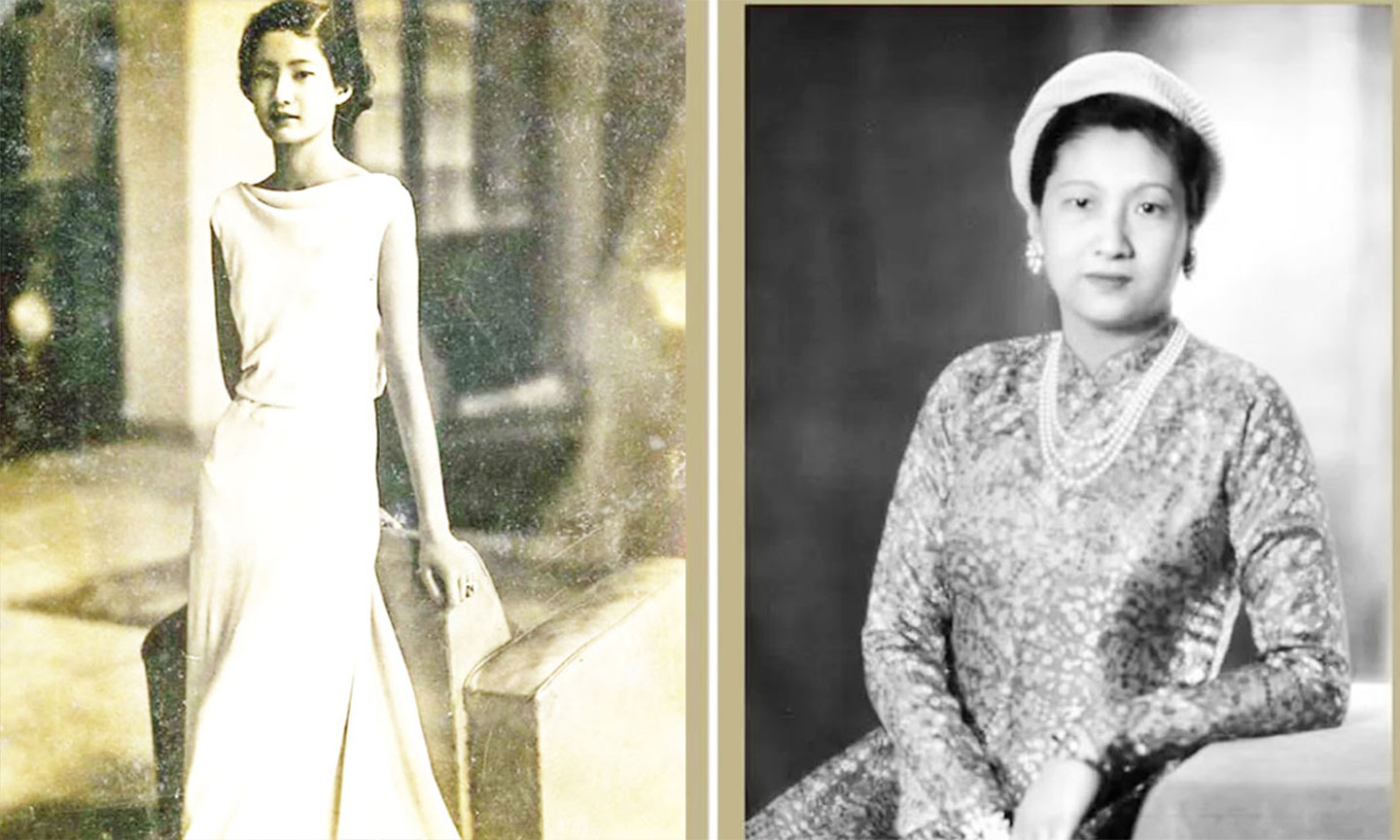

![[Photo] Prime Minister Pham Minh Chinh chairs a meeting of the Steering Committee for key projects in the transport sector.](https://vphoto.vietnam.vn/thumb/1200x675/vietnam/resource/IMAGE/2025/5/10/0f4a774f29ce4699b015316413a1d09e)

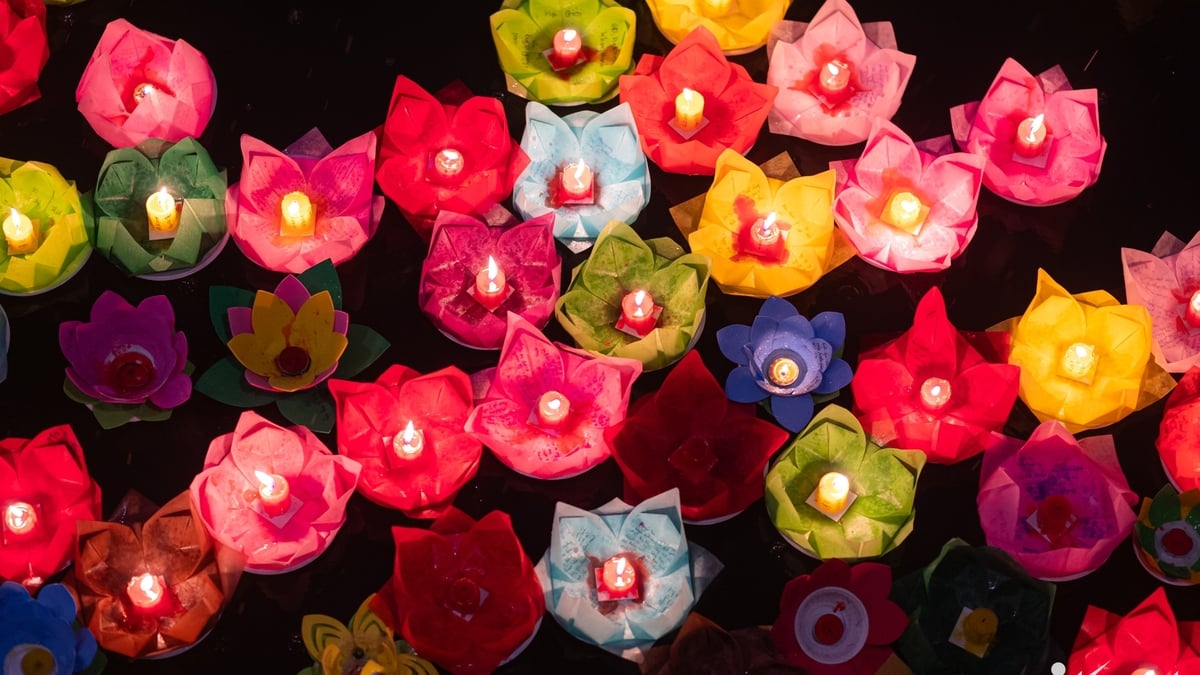


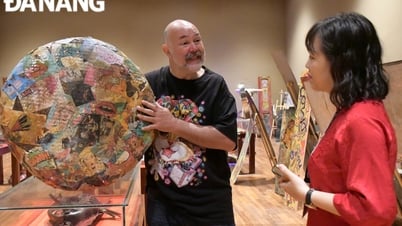

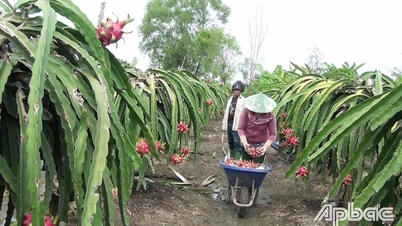

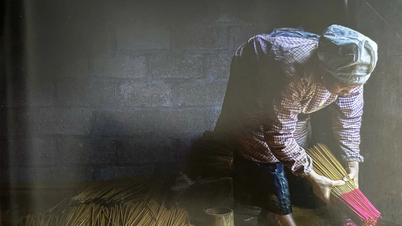
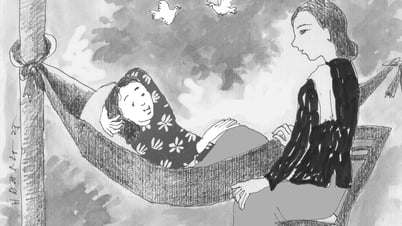




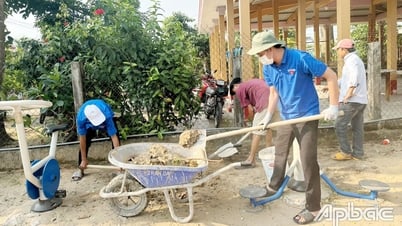




























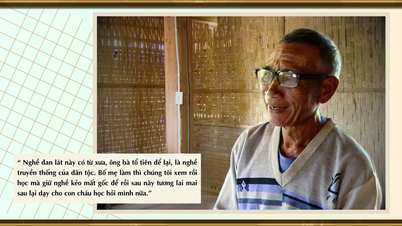































![[Photo] Go to Y Ty to see "Mirror of the Sky"](https://vphoto.vietnam.vn/thumb/402x226/vietnam/resource/IMAGE/2025/5/10/3163c61812c14c12ba1f3d3c301e2db9)














Comment (0)